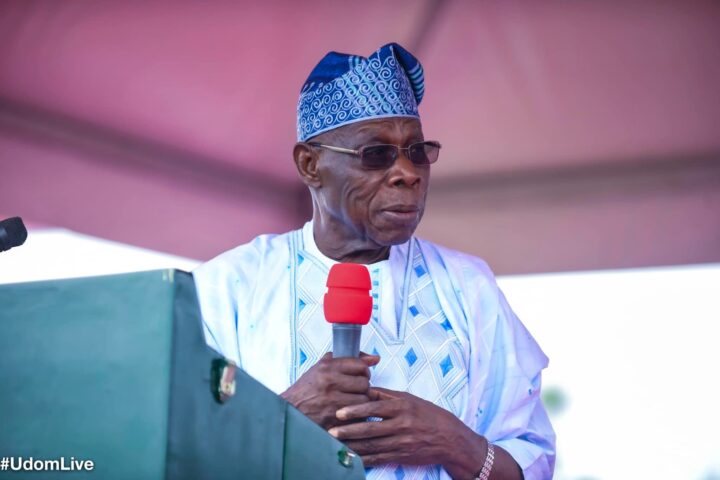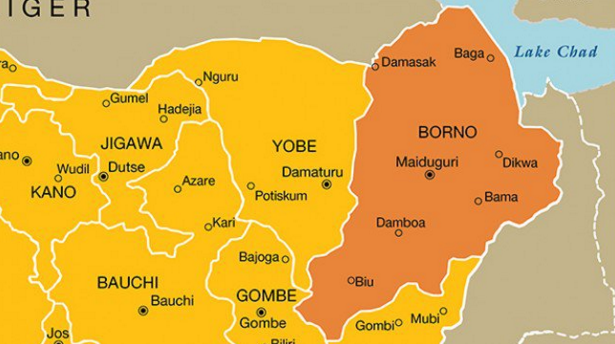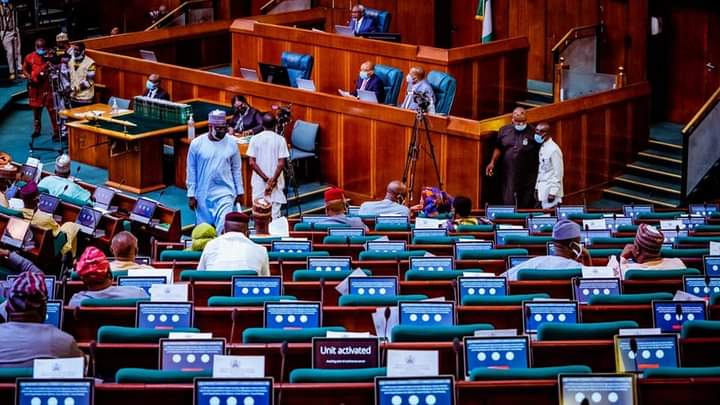Amid complaints over difficulties encountered with swapping old naira notes for new designs, the Central Bank of Nigeria (CBN) extended the January 31 deadline till February 10.
In a statement issued on Sunday, Godwin Emefiele, the CBN governor, said aside from the February 10 deadline, an additional seven days has been added as “grace period” for Nigerians to deposit their old notes directly with the CBN.
The CBN has the exclusive power to issue, reissue, print, and exchange currency notes and coins across Nigeria under sections 2b, 17, and 18 of the CBN Act.
‘CBN MANDATED TO COLLECT OLD NOTES AFTER DEADLINE’
Advertisement
While the CBN has the power to stop old notes from being used as legal tender or for transactional purposes, does the apex bank have the legal right to refuse to accept the old notes in exchange for the new ones?
Section 20 (3) of the CBN Act states: “Notwithstanding sub-sections (1) and (2) of this section, the Bank shall have power, if directed to do so by the President and after giving reasonable notice in that behalf, to call in any of its notes or coins on payment of the face value thereof and any note or coin with respect to which a notice has been given under this sub-section, shall, on the expiration of the notice, cease to be legal tender, but, subject to section 22 of this Act, shall be redeemed by the Bank upon demand”.
Section 22 of the CBN Act, which is the conditional clause and exception for the redemption of old notes, states: “A person shall not be entitled to recover from the Bank the value of any lost, stolen, mutilated or imperfect note or coin.”
Advertisement
Speaking on the implication of the above-stated sections, Festus Ogun, a Lagos-based legal practitioner, said the CBN is under compulsion to accept old notes even after the deadline for validity.
“The Central Bank of Nigeria under section 20(3) only has the power to give a specific day within which a new currency will become the official legal tender after giving us reasonable notice,” he said.
“However, the CBN does not have the power to give a deadline on submission or the surrendering of the old currencies and saying this not because it is not desirable that the old notes should be deposited in the bank, but to say that they will no longer accept the old currency after a particular deadline, it is not supported by law.
“Section 20(3) is clear. It says that the CBN has a mandatory duty to redeem the old notes when presented to them or presented to the bank.”
Advertisement
He also said the notice issued by the CBN is not a “reasonable time”, adding that the least period should be a notice of six months.
“Let’s even assume that the notice given was reasonable, the law states that the notice is only in respect of when the new currency would become the official legal tender,” Ogun added.
“It does not necessarily imply that the old currency can no longer be accepted by the bank even after the expiration of the deadline. The banks can accept it and present it to CBN because CBN has a duty to accept it from them.
“A lot of people, especially in the rural areas, do not have access even to banks and do not have access to this new legal tender. So, why should you render useless the money with them because of a particular deadline?
Advertisement
“The CBN is under compulsion to accept the old currency from our people.”
‘IT IS WITHIN THE CBN’S DISCRETION’
Advertisement
Giving a contrary opinion, Ejembi Eko, a senior advocate of Nigeria (SAN), said section 20(3) of the Act lies within the discretionary powers of the CBN.
“What this section does is to empower the CBN to bring in legal tender and to declare old ones no longer legal tender,” he said.
Advertisement
“So, precisely, it is a discretionary power that has been given to the CBN governor once he has the permission of the president.
“The challenge we have here is a question of some of these statutes that guide us. Some of the wording leaves loopholes for you to be able to transverse in between.
Advertisement
“Such powers ought not to have been given to only the CBN governor in the first place or the powers should have been in more elaborate language. So, from my own understanding, the discretion lies within.”






